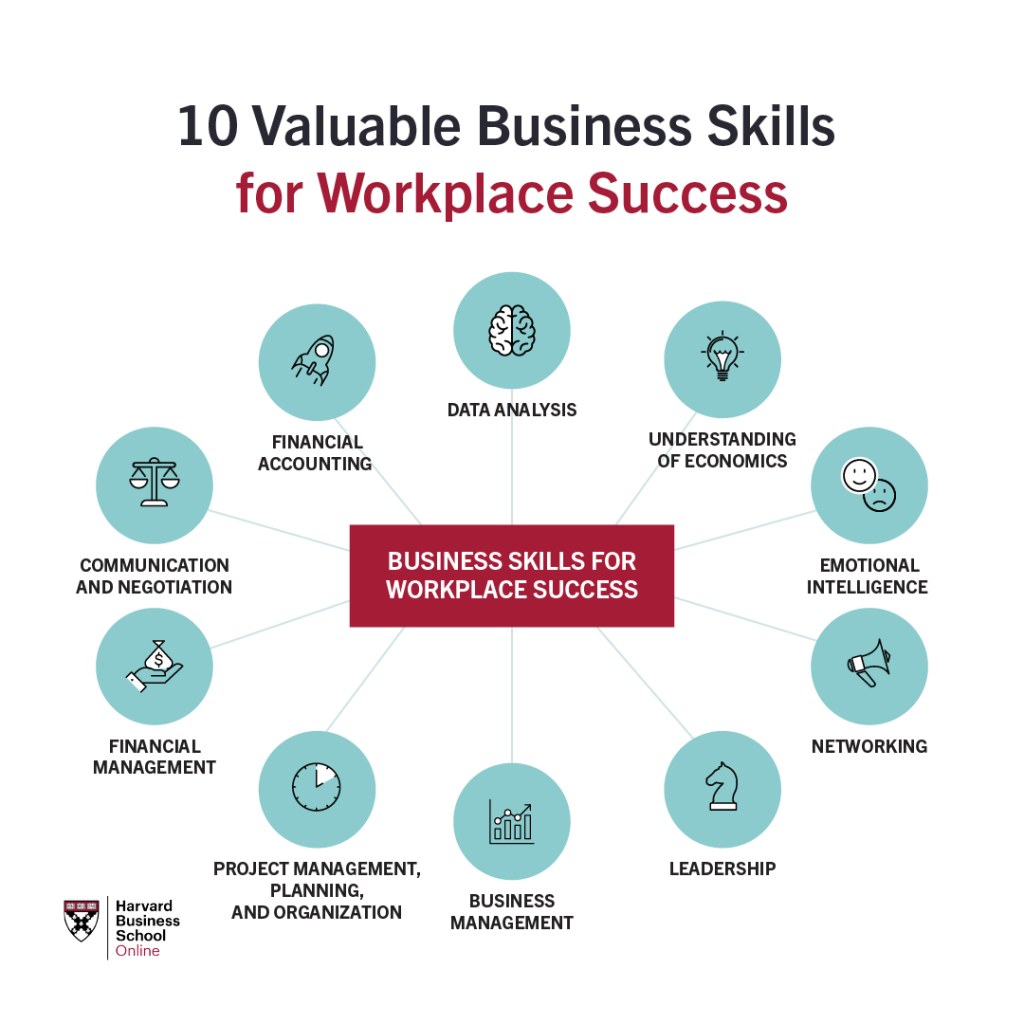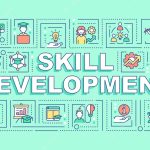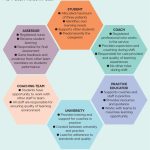Master The Art Of Skill Development At Work: Unlock Your Full Potential Now!
Skills You Develop at Work
Greetings, Readers!
Today, we will delve into the topic of skills you develop at work. In an ever-evolving professional landscape, acquiring and honing skills is crucial for career advancement and personal growth. Whether you are a recent graduate entering the workforce or a seasoned professional looking to stay relevant, developing a diverse skill set is essential. In this article, we will explore the different skills you can acquire during your professional journey and the benefits they bring. So, let’s dive in!
3 Picture Gallery: Master The Art Of Skill Development At Work: Unlock Your Full Potential Now!


![Picture of: General Job Skills You Should Polish to Succeed [Infographic]](https://kmclass.info/wp-content/uploads/2023/09/general-job-skills-you-should-polish-to-succeed-infographic.jpg)
Introduction
1. What are skills you develop at work?
Skills you develop at work encompass a wide range of abilities and competencies that are acquired through experience, training, and education within a professional setting. These skills can be technical, interpersonal, or transferable, and they contribute to your overall effectiveness and success in the workplace.

Image Source: thebalancemoney.com
2. Who can develop skills at work?
Anyone who is engaged in meaningful work can develop skills on the job. Whether you are an employee, freelancer, entrepreneur, or student intern, every professional role offers opportunities to acquire and enhance valuable skills.
3. When can you develop skills at work?

Image Source: hbs.edu
Skills can be developed at any stage of your career, starting from your first job or internship. As you gain experience and take on new responsibilities, you will continue to grow and develop both technical and soft skills that are essential for professional success.
4. Where can you develop skills at work?
You can develop skills at work in various settings, including traditional office environments, remote work arrangements, or even through volunteer and community involvement. The key is to actively seek out opportunities to learn and grow in your current role or explore new avenues for skill development.
5. Why should you develop skills at work?
![skills you develop at work - General Job Skills You Should Polish to Succeed [Infographic] skills you develop at work - General Job Skills You Should Polish to Succeed [Infographic]](https://kmclass.info/wp-content/uploads/2023/09/general-job-skills-you-should-polish-to-succeed-infographic.jpg)
Image Source: resumeprime.com
Developing skills at work is crucial for personal and professional growth. By continuously expanding your skill set, you become more versatile, adaptable, and valuable in the job market. Acquiring new skills also helps you stay ahead of industry trends and enhances your chances of securing promotions and career advancements.
6. How can you develop skills at work?
There are various ways to develop skills at work, including on-the-job training, attending workshops and seminars, pursuing further education, seeking mentorship, and embracing new challenges and responsibilities. It is essential to have a growth mindset and actively seek out opportunities to learn and improve.
Advantages and Disadvantages of Skills You Develop at Work
1. Advantages of developing skills at work
Developing skills at work offers numerous advantages. Firstly, it enhances your job performance and increases your overall productivity. By improving your skills, you can complete tasks more efficiently and effectively, leading to higher quality work and better results. Secondly, developing skills at work opens up new opportunities for career advancement. Employers value employees who continuously strive to expand their skill set, making them more likely to be considered for promotions and challenging assignments.
Moreover, developing skills at work fosters personal growth and self-confidence. As you acquire new competencies and overcome professional challenges, you boost your self-esteem, allowing you to take on more significant responsibilities and strive for higher goals. Additionally, developing skills at work enables you to stay relevant in a rapidly changing job market. With technological advancements and evolving industry trends, the demand for certain skills may change. By proactively developing new skills, you ensure your professional relevance and increase your employability.
2. Disadvantages of developing skills at work
While there are immense benefits to developing skills at work, it is essential to consider potential disadvantages as well. One disadvantage is the time and effort required to acquire new skills. Learning and mastering new competencies can be time-consuming and may require additional training or education. Balancing skill development with other work responsibilities can be challenging and may cause temporary disruptions or increased workload.
Another potential disadvantage is the cost associated with skill development. Certain training programs, certifications, or educational courses may require financial investment. Employees or individuals pursuing skill development independently need to consider these costs and determine the feasibility of investing in new skills.
Lastly, developing skills at work may create a sense of complacency or stagnation if not approached with the right mindset. Employees who solely focus on acquiring technical skills without considering broader personal and professional growth may find themselves limited in their career prospects. It is crucial to strike a balance between technical proficiency and continuous learning to ensure long-term success.
Frequently Asked Questions (FAQ)
1. What is the best way to identify which skills to develop at work?
Identifying which skills to develop at work requires self-reflection and understanding of your career goals. Consider the requirements of your current role, as well as the skills in demand within your industry. Additionally, seek feedback from mentors, supervisors, or colleagues to identify areas for improvement and growth.
2. Can developing skills at work help in career transitions?
Absolutely! Developing skills at work can be instrumental in making successful career transitions. By acquiring transferable skills or expanding your knowledge base, you can make yourself more marketable and open up new career opportunities.
3. Are soft skills as important as technical skills?
Yes, soft skills are equally important as technical skills, if not more. Technical skills may vary depending on the job role or industry, but soft skills, such as communication, problem-solving, and teamwork, are universally valued and essential for success in any professional setting.
4. How can I develop skills at work if my current role does not offer many growth opportunities?
If your current role does not provide ample growth opportunities, consider seeking additional responsibilities, taking on side projects, or volunteering for cross-functional initiatives. Additionally, explore external resources, such as online courses or professional networks, to develop skills outside of your immediate work environment.
5. What is the role of mentorship in developing skills at work?
Mentorship plays a vital role in skill development at work. A mentor can provide guidance, support, and opportunities for growth. They can offer valuable insights, share their own experiences, and provide feedback to help you enhance your skills and reach your professional goals.
Conclusion
In conclusion, the skills you develop at work are invaluable assets that contribute to your success and growth as a professional. By continuously expanding your skill set, you enhance your job performance, increase your employability, and open up new opportunities for career advancement. While developing skills at work requires dedication and effort, the rewards far outweigh the challenges. So, embrace the opportunities to learn and grow in your professional journey, and unlock your full potential.
Thank you for reading, and remember, your skills are the keys to your success!
Final Remarks
It is important to note that skill development is a lifelong process. The skills you develop at work today may become obsolete tomorrow due to changing industry trends and advancements in technology. Therefore, it is crucial to embrace a continuous learning mindset and stay updated with the latest developments in your field. Additionally, remember that skill development is not limited to the workplace. Personal hobbies, volunteer work, and other non-professional activities can also contribute to your overall skill set and enrich your life. So, keep exploring, keep growing, and never stop developing the skills that will propel you towards success.
This post topic: Offline Classes



